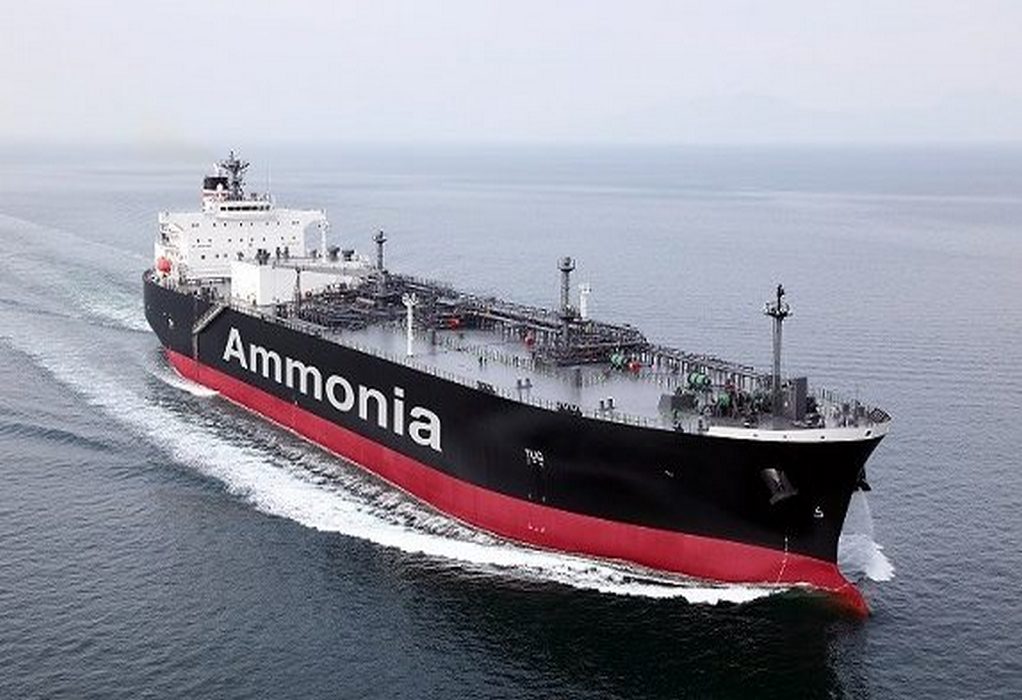An independent study, commissioned by the Society for Gas as a Marine Fuel (SGMF), has revealed that greenhouse gas (GHG) reductions of up to 61% are now achievable from using ammonia as a marine fuel, depending on the marine technology employed.
SGMF said that the analysis concluded that ammonia can “beyond question” contribute significantly to the International Maritime Organization’s (IMO) GHG reduction targets.
The study was conducted according to International Organization for Standardization (ISO) standards and was reviewed by a panel of independent academic experts from institutions in France, Germany and the U.S.
According to SGMF, it uses the latest primary data to assess all major types of marine engines and global sources of supply with data provided by equipment manufacturers, including Wärtsilä, Winterthur Gas & Diesel & MAN Energy Solutions, but also Yara Clean Ammonia, and BASF on the supply side.
GHG emissions from the supply chains as well as emissions released during the onboard combustion process (slip) have been included in the analysis, SGMF added.
Tags: Ammonia, BASF, IMO, ISO, SGMF



Recent Posts
Robert Allan Ltd. to Design Fully Electric AmpRA 3600 Tug for Tianjin Port
U-Ming Marine Conducts First Bunkering of FAME B24 Biofuel
DNV Validates Electric Hydrogen’s HYPRPlant for Safety, Efficiency and Commercial Readiness
Nepal Eyes Green Hydrogen Future with Policy Push and Hydropower Potential
India Tests First Hydrogen-Powered Rail Coach at ICF Chennai
Scandlines Nears Delivery of Zero Emissions Ferry Following Successful Sea Trials
India faces emission roadblocks with rising net-zero demands
Green Energy Resources invests in two electric Liebherr LHM 550